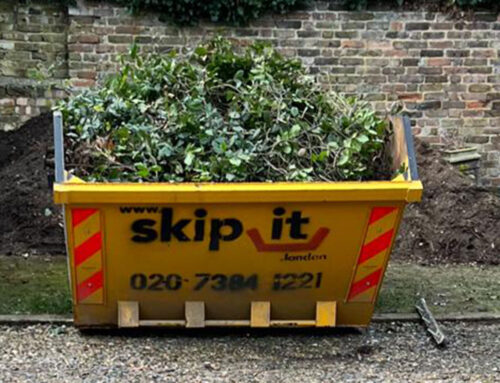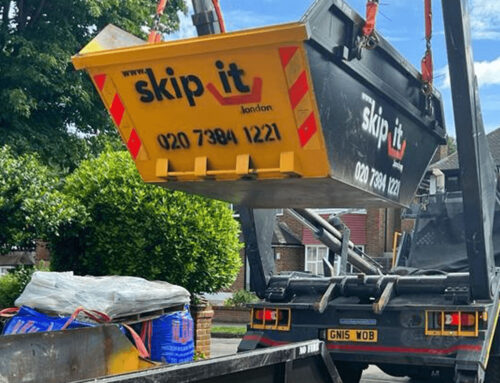Plastic pollution has escalated into a global crisis, demanding immediate and collective action. It poses a significant environmental concern and threatens human health and biodiversity. Recognising the scale of this problem is the first step toward finding viable solutions. If you need to remove plastic waste that can be recycled and repurposed, contact Skip Hire Surbiton.
1. Reduce Plastic Usage
Minimising plastic usage is the most effective way to combat plastic pollution. By opting for reusable alternatives and making conscious choices, individuals and businesses can significantly reduce plastic waste.
Practical Steps to Reduce Plastic Usage
- Switch to reusable bags, bottles, and containers instead of single-use plastics.
- Choose biodegradable or compostable packaging whenever possible.
- Support brands that use eco-friendly packaging and sustainable materials.
2. Community Initiatives: Collective Efforts for Greater Impact
Grassroots movements and community initiatives play a vital role in combating plastic pollution. Educational campaigns and awareness programmes, particularly in schools and local communities, are crucial in changing mindsets and behaviours. Surbiton Skip actively supports such initiatives, emphasising the importance of local action.
Organising Local Cleanup Drives
- Participate in beach clean-ups and urban waste collection events.
- Encourage schools and workplaces to conduct plastic-free campaigns.
- Collaborate with local businesses to reduce plastic waste in communities.
3. Advocate for Government Policies and Regulations
Government intervention through policies and regulations is crucial. Enacting legislation against single-use plastics, along with bans and restrictions, has shown positive outcomes in various countries. These policy changes are essential in steering individuals and industries toward sustainable practices.
Supporting Recycling and Sustainable Practices
- Advocate for stronger recycling policies and infrastructure.
- Encourage businesses to implement circular economy models.
- Support policies that offer incentives for sustainable alternatives.
4. The Role of Recycling in Reducing Plastic Waste
Recycling plays a pivotal role in minimising plastic pollution. Understanding the different types of plastics and their recyclability is crucial. The recycling process, from collection to reuse, involves several stages and requires infrastructure and public participation.
Overcoming Challenges in Plastic Recycling
- Educate the public about proper waste segregation.
- Encourage innovations in plastic recycling technology.
- Reduce contamination in recycling bins through proper disposal methods.
Summary
Reducing plastic pollution requires a multi-faceted approach, including personal responsibility, community action, and government policies. By focusing on reducing plastic usage, engaging in community efforts, supporting recycling, and advocating for policy changes, we can make a significant impact. Join the movement today and contribute to a cleaner, healthier planet.
FAQs
What are the most effective ways for an individual to reduce plastic pollution?
Individual actions like reducing single-use plastics, participating in recycling programs, and supporting eco-friendly products can significantly reduce plastic pollution.
How can businesses contribute to the reduction of plastic pollution?
Businesses can contribute by adopting sustainable practices, reducing plastic packaging, and investing in recycling technologies. Partnerships with waste management services like Surbiton Skip can facilitate these efforts.
What are the challenges in recycling plastics, and how can they be overcome?
The main challenges include the contamination of recyclable materials and the lack of efficient recycling technologies. Overcoming these challenges involves improving waste segregation practices and investing in advanced recycling technologies.




